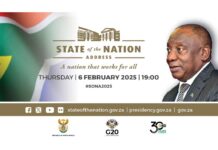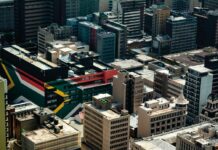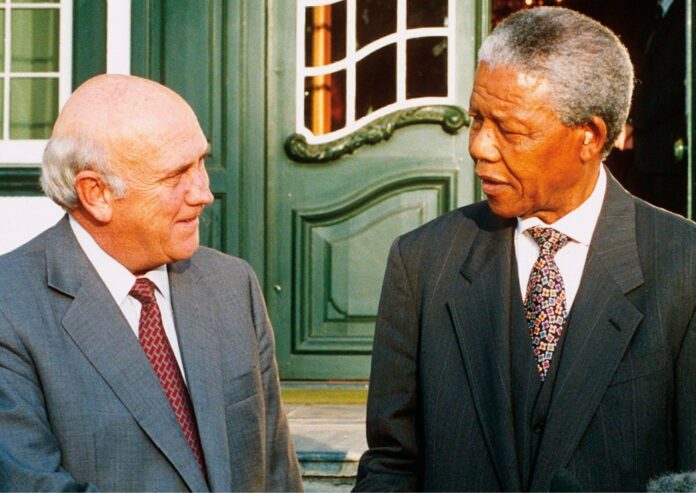
The principal of the National School of Government (NSG), Professor Busani Ngcaweni, says despite the many challenges facing the public service, public administration “is on an upward trajectory”.
As the country moves towards 30 years of democracy, Ngcaweni notes that despite some negative public sentiment on its efficacy, the public service has evolved a lot over the past 29 years. In the early years of democracy, government had a mammoth task of putting in place an inclusive public service to serve all South Africans, including setting up democratic institutions.
Thirty years into democracy, what does the future hold for the public service?
The journey
Ngcaweni describes the first public service, under former President Nelson Mandela, as “characterised by phenomenal growth and achievement”, adding that it was an intense period with rapid transformation. “We had to transform the character of the public service to serve more citizens. We had to transform and create one administration.” He says the second generation (from 2008 to 2004) in public administration was that of both elected and appointed officials who worked to consolidate the gains of the first administration.
Government, through public servants, worked hard to produce programmes that continue to benefit South Africans. “So, for example, during that first 10 years of democracy, you see the consolidation and expansion of the social security system. They did not hire consulting firms to create that system. It was created by public administrators,” he adds.
It was during this time that the country hosted major conferences, such as the World Summit on Sustainable Development, the Organisation of African Unity (OAU) conference that led to the transformation of the then OAU into the African Union and the World Racism Conference.
“This redefined South Africa in the eyes of the global community and, of course, there were laws that were legislated and implemented such as the Employment Equity Act (Act 55 of 1998) and Black Economic Empowerment and we were beginning to see a major growth as well in terms of black people who were working formally in the labour market,” he says.
Highlights from the third administration, led by former President Thabo Mbeki, include preparations for the country to host the 2010 FIFA Soccer World Cup – backed by a growing economy. Public servants continued to offer innovative ways of delivering service to South Africans.
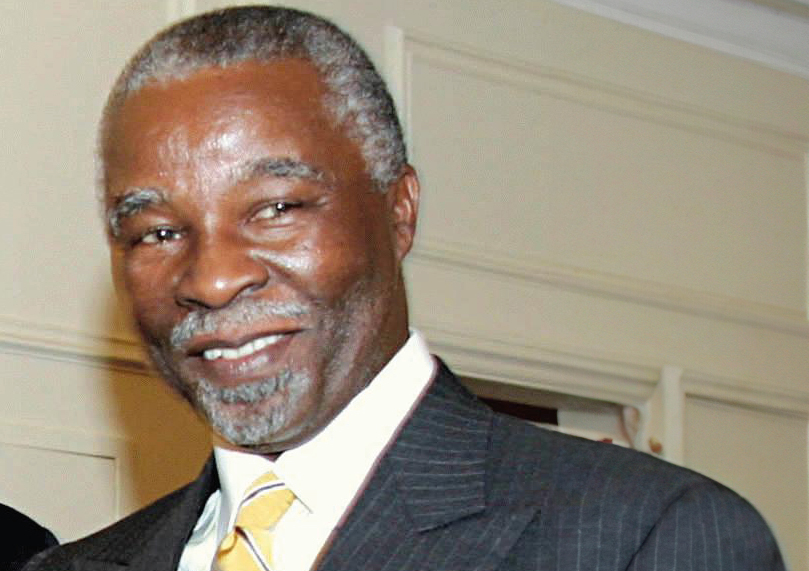
The fourth administration, under former President Jacob Zuma’s leadership, saw the World Cup being hosted on African soil for the first time. “This World Cup was prepared for by public servants. They worked on it, set up new institutions like the [National] Planning Commission and set up departments like the [Department of Performance] Monitoring and Evaluation,” adds Ngcaweni.
Stumbling block
The global financial crisis in 2008 harmed the country’s economy. “There was a major reversal when we entered the period of care and maintenance for most of the problems of government.”
The fifth administration continued with care and maintenance and there “was a kind of turmoil in public administration during that period”.
“We ended up having State Capture and we had instability in many institutions of state and that took away the ability of public administrators to perform diligently.
“But there were still some good things that were happening, like Operation Phakisa during that period but the focus just changed, there was major disruption in terms of people being focused and we didn’t do as much to recover the lost ground in terms of the economy,” says Ngcaweni.
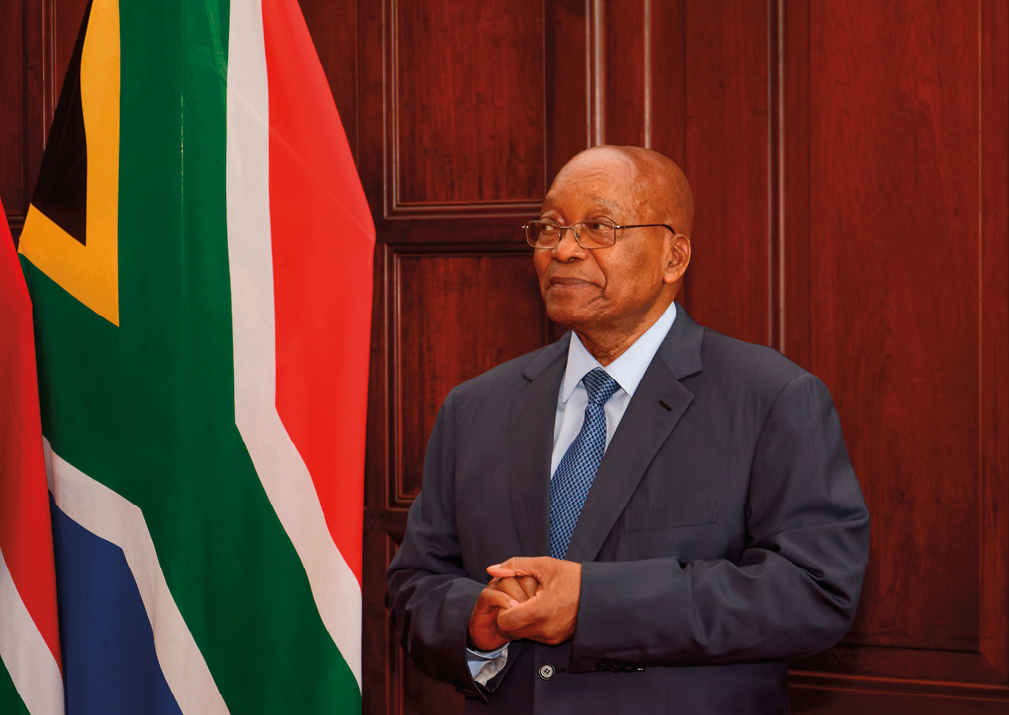
An initiative of government, Operation Phakisa was designed to fast-track the implementation of solutions to critical development issues highlighted in the country’s National Development Plan (NDP). The NDP guides all government policy formulation and implementation.
The sixth administration is about rebuilding.
Professionalisation of public service
Ngcaweni’s assessment of the public service comes on the heels of the NSG having celebrated a decade of existence in October 2023. The milestone comes after the approval of the national framework towards the professionalisation of the public service.
In 2020/21, the NSG trained 12 000 people, today we are training 85 000 people and that change is because there is a national movement to build state capacity and everyone in the public service must return to school,” says Ngcaweni.
He reiterated the importance of continuous learning among public servants. “Public servants must see themselves as pilots and cabin crew. For you to retain your licence as a crew member or to be in the cockpit, you must constantly return to the simulator because flight conditions are changing all the time.”
He notes that there are some aspects of the national framework towards the professionalisation of the public service that require the amendment of legislation. “Three pieces of legislation are currently in parliament for amendment to give effect to the framework – the Public Service Commission Bill, the Public Administration Management Amendment Bill and the Public Service Amendment Bill.”
Ethics and good governance
On what constitutes good governance, Ngcaweni says, “It is about doing the right thing that serves the public even when no-one is watching you. It must have an impact on those you are serving.”
He adds that it is unethical for public servants to fail to deliver services when they have the means and resources. He is of the view that ethics can be taught and has emphasised the need for a national campaign.
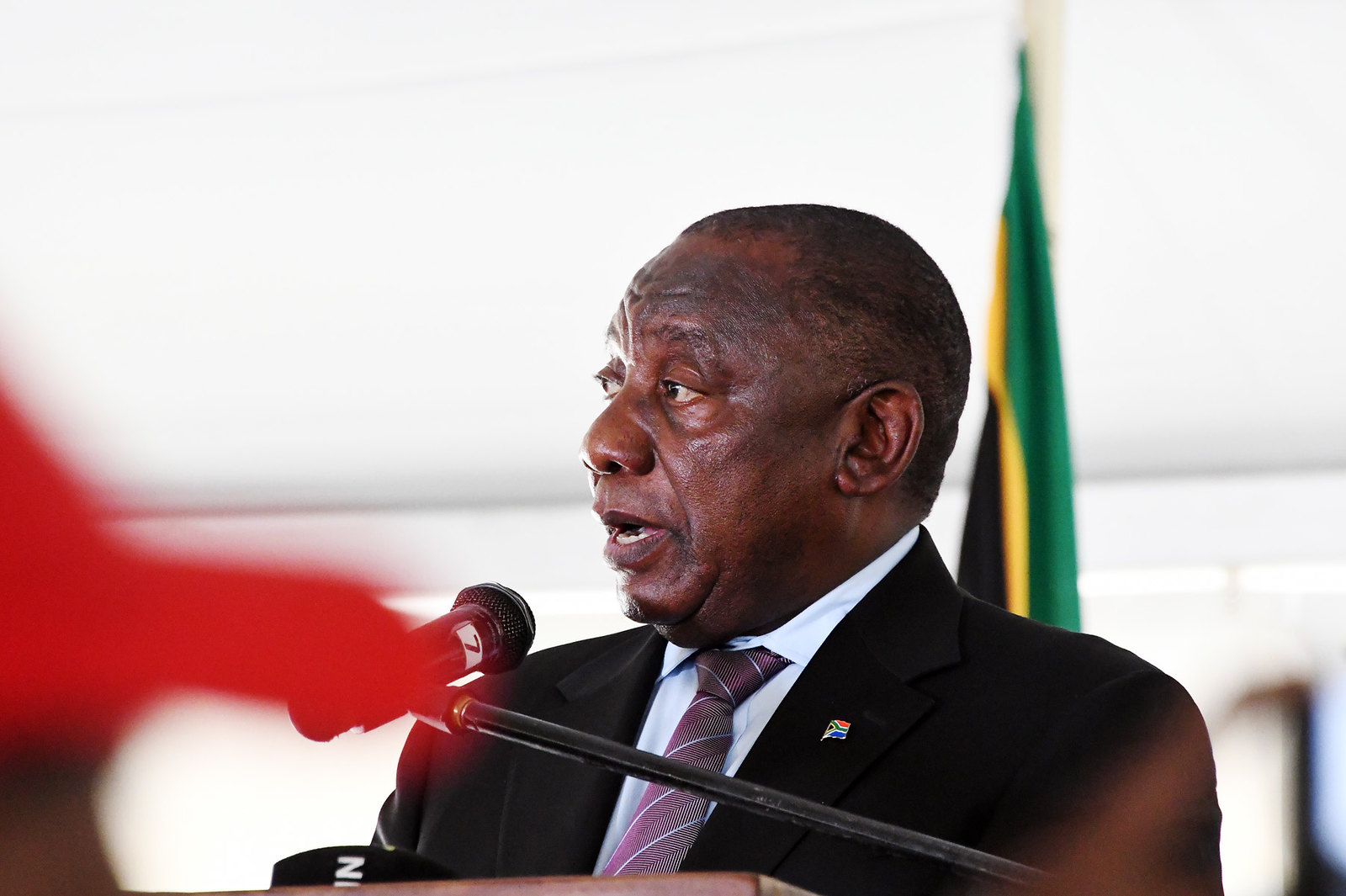
The road ahead
Thirty years into democracy, what does the future hold for the public service? Ngcaweni urges public servants to use available information like the Census 2022 results to reflect on what has been achieved since 1994 and what needs to be done. The bigger question is whether we will be able to sustain the momentum as public servants.
“We cannot continue to bask in the glory of those who have achieved what is contained in the Census [2022 report] and not think about what we, as a generation of public administrators, will achieve,” he concludes.



